25Feb
Fertigation potential
Words and image supplied by Ballance Agri-Nutrients
A new project is investigating fertigation’s potential for irrigated pastoral farms.
Applying fertiliser together with irrigation water (fertigation) to grow pasture could reduce nitrogen (N) application and loss, increase N utilisation and improve clover content and pasture quality.
Since the 1970s fertigation has been used around the world, mainly in arable and horticultural cropping systems in countries such as Australia and America. In New Zealand it has mostly been used for horticulture, viticulture and in a few largescale arable operations, and its impact on pastoral farming is not yet known.
To address this, a Sustainable Farming Fund project is looking at N application through fertigation and its potential to help New Zealand pastoral farmers reduce their environmental footprint while maintaining farm viability and sustainability. On the project team is Ballance Agri-Nutrients Key Accounts Nutrient Specialist for the upper South Island Raymond Williams, who says: “It's an exciting project, given the knowledge gap in using fertigation on pastoral farming in New Zealand, and in fact globally.”
It is already known that fertigation can distribute N more uniformly than granular fertiliser application, especially at low application rates. Even with the best spreading applicator technology and compound fertiliser granules containing consistent amount of nutrients, it’s possible that conditions during spreading, and granule size, weight and shape can still severely impact distribution uniformity.
The project is investigating some of the other benefits fertigation could offer over conventional methods of solid N fertiliser application. By reducing N applications, fertigation may benefit the pasture clover content. When N applications are reduced, clovers face less competition and shading from ryegrass plants, which can lead to increased clover populations. In turn, more clover fixes more N, enabling further reduction of N inputs over time. However clover will still suffer if nutrients such as potassium, phosphorus and sulphur are deficient, as they typically need higher levels of these nutrients than ryegrass does, so not all nutrients inputs can be reduced.
Fertigation could allow farmers to apply N at the optimum time, when most needed by the pasture and when environmental risks are lowest. It allows smaller amounts of N to be applied more often, which may help to reduce losses and environmental impacts and, by matching N application to demand, improve the effectiveness to the pasture and profitability. This has significant implications for ‘shoulder’ season N management.
The project began with small plot trials at Lincoln University as well as on-farm monitoring at Pāmu’s Waimakariri Dairy Unit. Pāmu Farm Innovation Specialist Tim Lissaman says, “Pāmu is striving to farm more efficiently with lower environmental impact. After very positive results in the first year of fertigation at Waimakariri Dairy, we are keen to quantify fertigation benefits through the project trials. We hope the trial will inform further investment in infrastructure at more of our farms and also help with learnings for the wider farming community.”
Ballance Agri-Nutrients is collaborating with Irrigation NZ, the Ministry for Primary Industries ,Pāmu Farms of New Zealand and others on the project.
For more support, talk to your Ruralco Representative.
Related
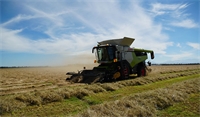
Ryegrass seed crops are commonly followed in the rotation by an autumn cereal such as wheat.
Read More
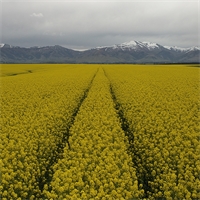
A farm-based agronomy project aimed at identifying key drivers of yield and profitability for oilsee...
Read More
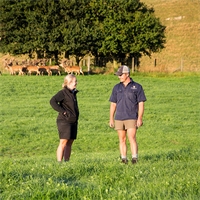
Ruralco’s Pasture Packs have been designed to make selecting new pasture a simple process, with the...
Read More
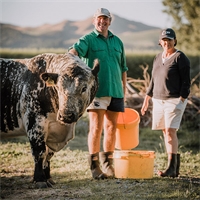
Surrounded by dairy farms in Culverden, Robbie and Anna Clark could be forgiven for feeling under si...
Read More
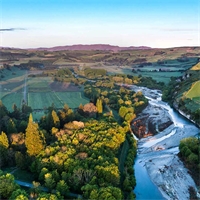
Farmers looking to reduce their losses to the environment can use a powerful new tool to make it eas...
Read More

This August, the Canterbury West Coast Air Rescue Trust hosted the Back to Base Challenge, an event ...
Read More